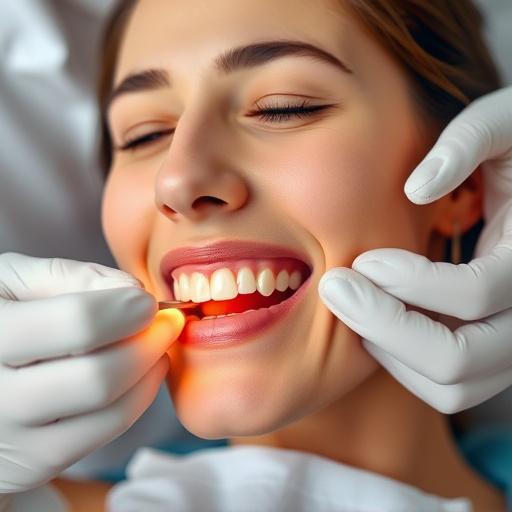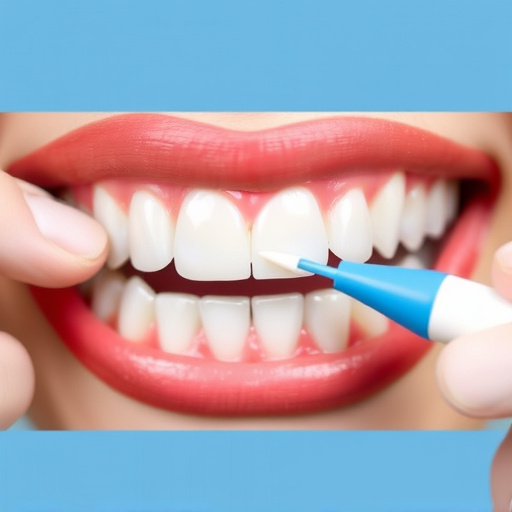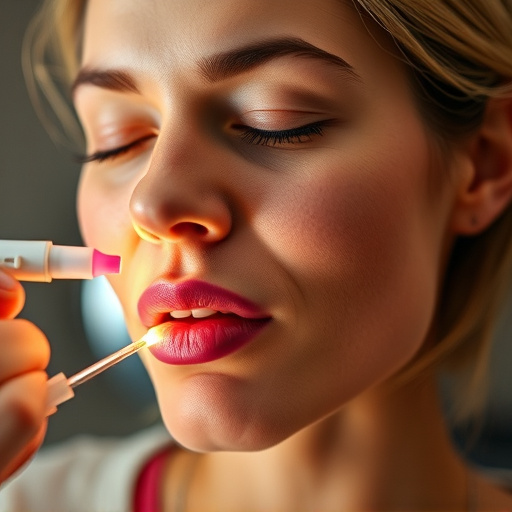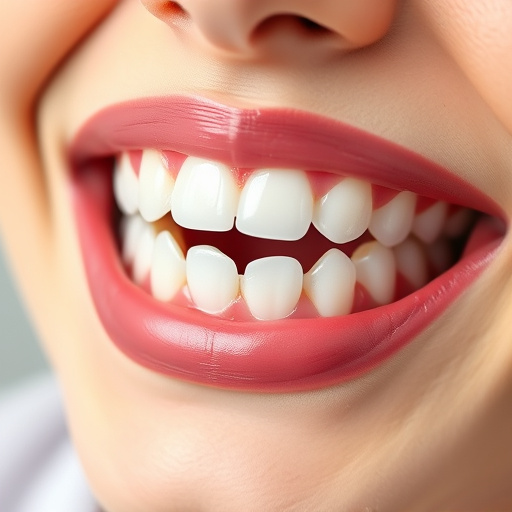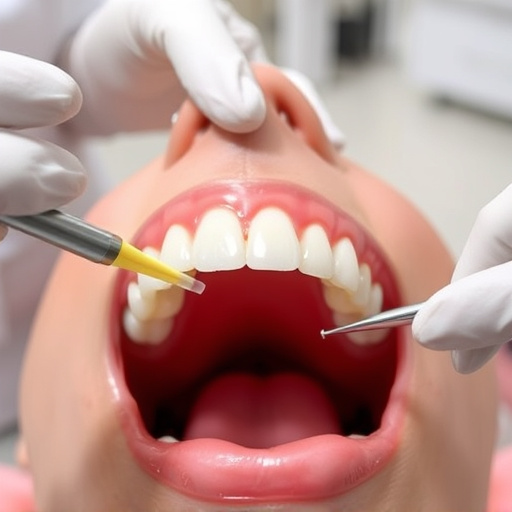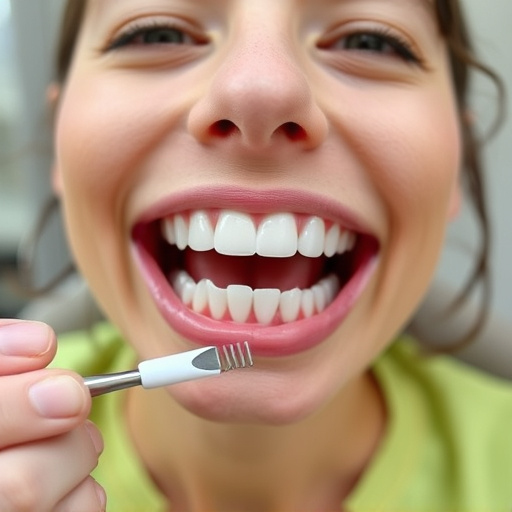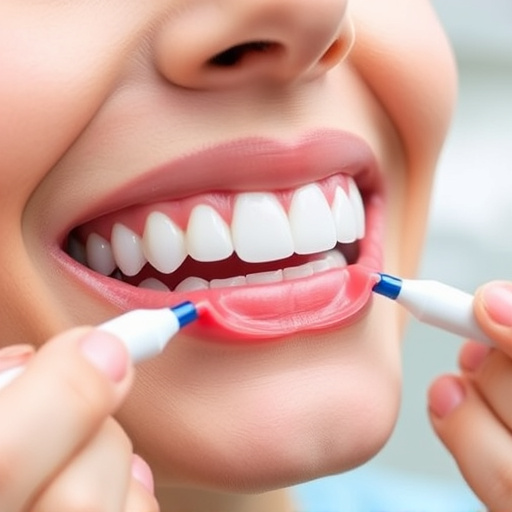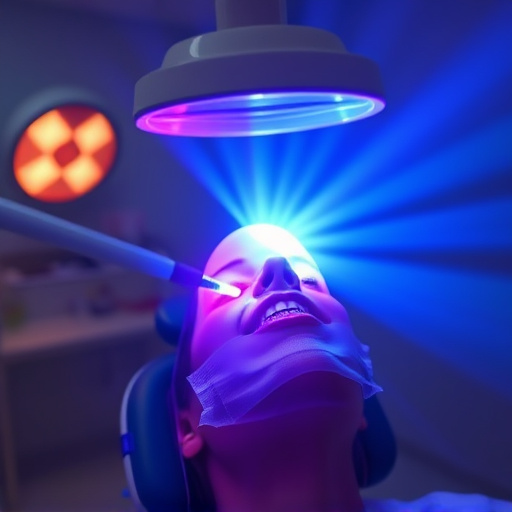Post-wisdom teeth removal recovery involves rest, elevated head positioning, gentle oral care with soft foods, and timely communication with dentists for pain management. Adhering to a soft diet, staying hydrated, avoiding irritants like spicy or crunchy foods, and regular dental hygiene aid in optimal healing, reducing future procedure risks.
After having your wisdom teeth removed, proper post-surgery care is essential for a smooth recovery. This article guides you through the critical aspects of healing after wisdom teeth extraction. We’ll explore the expected recovery timeline and offer tips on managing pain and discomfort. Additionally, learn about dietary recommendations to aid in the healing process. By following these simple yet effective strategies, you’ll be well on your way to a successful recovery from wisdom teeth removal procedures.
- Understanding Your Post-Surgery Recovery Timeline
- Managing Pain and Discomfort After Extraction
- Dietary Guidelines for Optimizing Healing Process
Understanding Your Post-Surgery Recovery Timeline
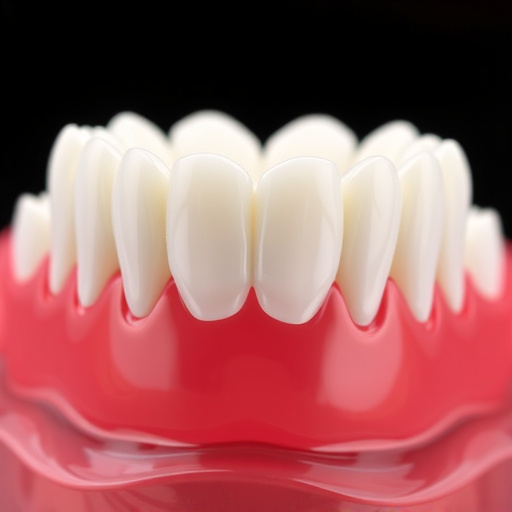
After wisdom teeth removal, understanding your post-surgery recovery timeline is crucial for a smooth healing process. Typically, it can take around 2-3 days for initial swelling and discomfort to subside significantly. During this time, it’s essential to rest, keep your head elevated, and avoid strenuous activities or physical exertion to prevent excessive bleeding and promote proper wound healing.
In the first week following surgery, you should focus on maintaining good oral hygiene while avoiding hot foods and beverages, spicy or crunchy items, and using only soft foods. Your dentist may recommend specific post-surgery care instructions, including when to change mouthwashes or use prescribed medications for pain and inflammation. Following these guidelines diligently will ensure a faster recovery and potentially reduce the need for tooth repair procedures like cosmetic fillings or cosmetic dentistry later on.
Managing Pain and Discomfort After Extraction
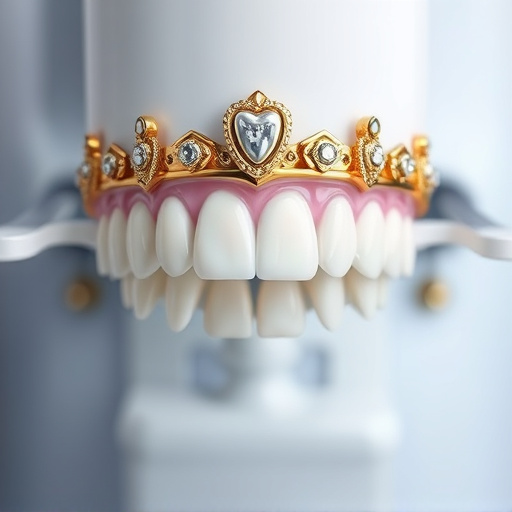
After wisdom teeth removal, managing pain and discomfort is crucial for a smooth recovery. It’s common to experience some level of soreness and swelling in the first few days following surgery. To alleviate this, patients are often advised to use over-the-counter pain relievers like ibuprofen or acetaminophen, as recommended by their dentist. Applying cold compresses to the outer cheek can also help reduce swelling quickly.
In cases where pain persists beyond a couple of days or is severe, it’s essential to contact your dentist. They might suggest additional measures such as prescription medications or emergency dental care if complications arise, like an infection or dry socket (a painful condition that can develop after tooth extraction). Remember, timely communication with your dental professional is key to ensuring proper post-surgery care and preventing potential issues, especially when considering procedures like dental fillings or implants in the future.
Dietary Guidelines for Optimizing Healing Process
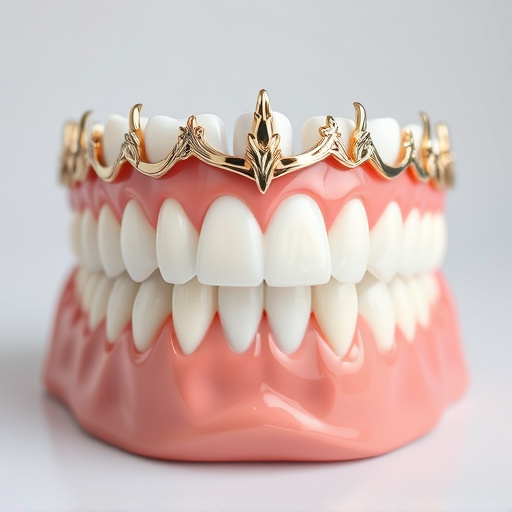
After wisdom teeth removal, adhering to a soft diet is crucial for optimal healing. For the first few days, focus on cool or warm liquids like smoothies, soups, and yogurt. Avoid spicy, crunchy, or sticky foods that can irritate the extraction sites. Additionally, staying hydrated helps wash away bacteria and promotes blood flow, which aids in the healing process.
As you begin to heal, gradually reintroduce solid foods, starting with soft and easy-to-chew options like mashed potatoes, oatmeal, and cooked vegetables. Avoid using straws to drink, as the suction can disrupt the clotting process and lead to dry socket—a common complication after wisdom tooth removal. Regular dental cleanings and gentle oral care are essential, too; brush gently around the extraction sites and use a soft-bristled toothbrush to maintain good oral hygiene while ensuring healing isn’t hindered by infection or irritation.
After your wisdom teeth removal, proper post-surgery care is essential for a smooth recovery. By understanding your recovery timeline, managing pain effectively, and adhering to dietary guidelines, you can ensure optimal healing. Remember to listen to your body, stay hydrated, and seek professional advice if any concerns arise during the recovery process. With the right approach, you’ll be back on track to a healthier smile in no time!




